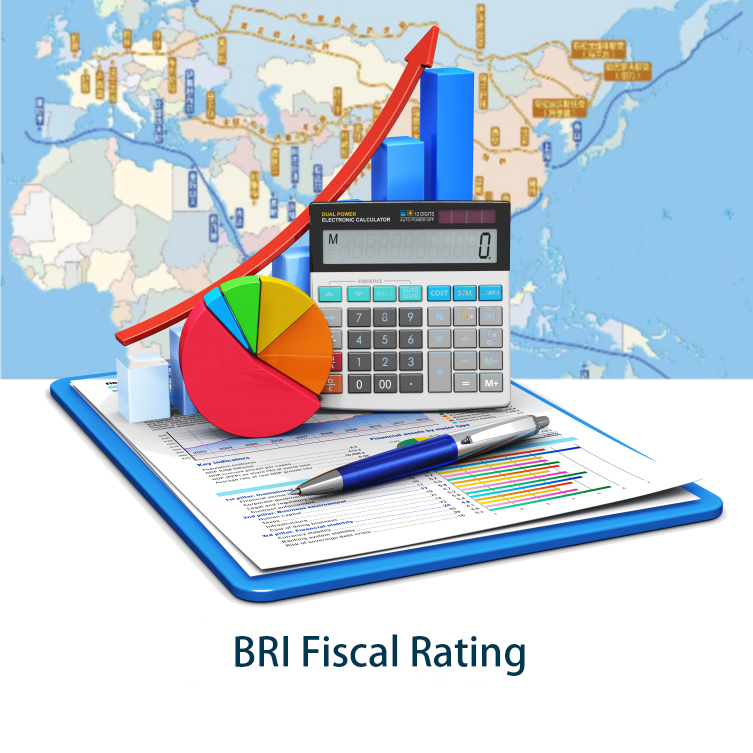New EU VAT Reforms: Impact on Digital Platforms and Poland's VAT Overhaul
The European Union has recently reached an agreement to modernize VAT regulations across its 27 member states, a move aimed at tackling tax fraud and aligning VAT obligations for both digital and traditional businesses. This "VAT in the Digital Age" regulation, announced by European Commission Vice-President Valdis Dombrovskis, ensures digital platforms like Booking.com and Bolt face VAT requirements similar to conventional hotels and taxi services, a shift designed to level the playing field and close regulatory loopholes.
Poland's Support for Harmonized VAT Reforms
Poland, a vocal proponent of the VAT reform, has been advocating for these changes through Finance Minister Andrzej Domański, who emphasized the benefits of closing VAT loopholes for Poland's budget. Minister Domański expressed optimism about the newly implemented regulations, which are expected to boost Poland's revenue by reducing tax fraud and enhancing VAT efficiency.
One of the main improvements is the introduction of a real-time digital VAT reporting system, which will simplify compliance, particularly for small and medium-sized enterprises. This system enables businesses to file VAT digitally across EU countries, eliminating the need for multiple costly VAT registrations and providing a one-stop solution.
Key Changes in Poland's VAT Act
In line with EU regulations, Poland is also making several adjustments to its own VAT Act. These amendments range from expanding VAT exemptions to extending the reverse charge mechanism, all aimed at enhancing tax compliance and reducing administrative burdens for businesses.
1. Extension of the Reverse Charge Mechanism:
The reverse charge mechanism, initially set to end in early 2025, has been extended to December 31, 2026, covering gas, electricity, and greenhouse gas emission allowances. This change aligns with EU directives and helps reduce VAT fraud by shifting the tax accounting responsibility to buyers rather than sellers.
2. Removal of Fiscal Terminal Integration Requirements:
Poland will also repeal the mandate requiring fiscal cash registers to be integrated with payment terminals. The original 2021 regulation, which imposed penalties for non-compliance, will be replaced by a system allowing voluntary integration. This shift is designed to adapt to the technological limitations some businesses face and to reduce unnecessary compliance costs.
3. VAT Exemptions for Foreign Taxpayers:
Foreign taxpayers without fixed establishments in Poland can now access subjective VAT exemptions under the condition that they meet EU-mandated thresholds and quarterly turnover reporting. This step promotes cross-border tax harmonization and simplifies VAT processes for non-resident businesses, enhancing trade within the EU.
4. Revised Exemption Threshold Calculations:
Poland is refining how the PLN 200,000 exemption threshold is calculated to include certain intra-Community supplies and distance sales that are not taxed domestically. This broadened scope aims to close potential loopholes, ensuring a more accurate representation of business activity within the exemption.
5. Updated Service Taxation for Virtual Services:
From 2025, VAT for virtual services in the cultural, educational, and entertainment sectors will be based on the consumer's location rather than the provider's. This update brings these services in line with the current electronic service tax policies, creating consistency across different service types.
6. VAT Margin Scheme Adjustments for Art and Antiques:
The VAT margin scheme for items such as art, collectibles, and antiques has been updated, now applying the basic VAT rate across the board. This change eliminates reduced rates, except in specific cases of import or intermediary sale, aiming for simplicity and alignment within the EU VAT framework.
A Broader Impact on EU Compliance
These sweeping updates across the EU VAT system underscore the EU's commitment to modernizing tax practices and closing gaps that have allowed certain digital businesses to operate at an advantage. Poland, in particular, stands to benefit from these changes, both in terms of increased tax revenue and a streamlined compliance environment for businesses.























































First, please LoginComment After ~